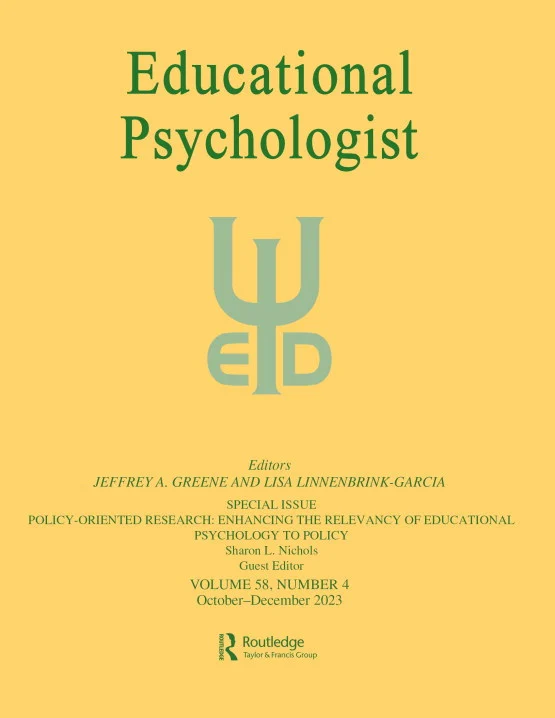Sealing the gateways for post-truthism: Reestablishing the epistemic authority of science
IF 11.4
1区 心理学
Q1 EDUCATION & EDUCATIONAL RESEARCH
引用次数: 49
Abstract
Abstract Science’s role in society is being threatened, as misinterpretation and denial of scientific evidence and the rejection or ignorance of scientific expertise are gaining prominence. This endangered role of science in society is characteristic of post-truthism. To deconstruct this process, we analyze how three potential gateways allow people to discount the epistemic authority of science. These gateways are (A) the intricacies between values and evidence in science, (B) the intricacies that follow from the social nature and distribution of scientific knowledge, and (C) those that follow from the limits of science. We also outline how this gateway analysis can inform education on scientific literacy in order to protect against post-truthism. Educational measures should highlight the social and conversational nature of scientific knowledge production, because these concepts lay the foundation for learners’ and citizens’ abilities to build an informed trust in science and, in turn, actively engage in a science-based society.封住后真理主义的大门:重建科学的认知权威
随着对科学证据的误解和否定以及对科学专业知识的拒绝或无知日益突出,科学在社会中的作用正受到威胁。科学在社会中的这种濒危角色是后真理主义的特征。为了解构这一过程,我们分析了三个潜在的通道如何让人们低估科学的认知权威。这些门户是(A)科学中价值和证据之间的复杂性,(B)科学知识的社会性质和分布的复杂性,以及(C)科学局限性的复杂性。我们还概述了这种门户分析如何为科学素养教育提供信息,以防止后真理主义。教育措施应突出科学知识生产的社会和对话性质,因为这些概念为学习者和公民建立对科学的知情信任的能力奠定了基础,从而积极参与以科学为基础的社会。
本文章由计算机程序翻译,如有差异,请以英文原文为准。
求助全文
约1分钟内获得全文
求助全文
来源期刊

Educational Psychologist
Multiple-
CiteScore
19.10
自引率
3.40%
发文量
16
期刊介绍:
The Educational Psychologist is a scholarly journal dedicated to exploring the psychology of learning and instruction. Articles in this journal encompass a diverse range of perspectives, from examining psychological mechanisms to exploring social and societal phenomena related to learning and instruction. The journal publishes theoretical and conceptual articles, as well as reviews and meta-analyses, that significantly contribute to theory or advance the methods used to explore educational psychology. Emphasizing innovation and advancing understanding, the journal does not publish articles solely reporting the methods and results of empirical studies; instead, all submissions, including reviews and meta-analyses, must offer clear implications for advancing theory. In addition to regular articles, the journal features special issues that delve into important themes in educational psychology, along with focal articles accompanied by peer commentary.
 求助内容:
求助内容: 应助结果提醒方式:
应助结果提醒方式:


